Summer is a time for outdoor fun, from splashing in pools to enjoying vibrant firework displays on the Fourth of July. However, amidst all this excitement, it's essential to take steps to protect your ears and maintain good hearing health. Here's what you need to know about ear safety during the summer months, covering everything from swimming to the sounds of fireworks.
The Dangers of Water Activities
Swimming is one of the most popular summer activities, but it comes with risks for your ears, particularly from swimmer’s ear (otitis externa). This painful outer ear infection occurs when water stays in your ears, creating a moist environment that bacteria and fungi love.
Prevention Tips:
Use Earplugs: Wearing earplugs designed for swimming can help prevent water from getting trapped in your ears.
Dry Your Ears Properly: After swimming, tilt your head to each side to help water drain out. You can also use a towel or a hair dryer on a low setting to gently dry your ears.
Avoid Putting Objects in Your Ears: Cotton swabs and other objects can damage the ear canal and lead to infections.
Fireworks and Noise Exposure
The Fourth of July and other summer celebrations often feature fireworks, which can be a threat to your hearing. Fireworks can produce noise levels of up to 150 decibels—far above the 85 decibels at which prolonged exposure can cause hearing damage.
Safety Measures:
Keep Your Distance: Stay at least 500 feet away from fireworks. The further you are, the lower the risk of hearing damage.
Use Hearing Protection: Earplugs or noise-canceling headphones are great for protecting your ears from the loud blasts of fireworks.
Limit Exposure Time: The less time you spend exposed to loud noises, the better for your hearing health.
Concerts and Festivals
Summer is also a season full of concerts and music festivals. While these events are enjoyable, they can be surprisingly loud and may lead to temporary or even permanent hearing loss.
Hearing Protection Tips:
Wear Earplugs: High-fidelity earplugs are designed to reduce noise levels without muffling the sound, allowing you to enjoy music while protecting your hearing.
Take Breaks: Give your ears a rest by stepping away from the noise periodically.
Stand Back from Speakers: The intensity of sound is much greater right next to speakers. Standing even a few feet away can significantly reduce your noise exposure.
Overall Ear Care
In addition to specific activities, summer heat and humidity can affect your ear health. It's important to keep your ears clean and dry, and if you experience any discomfort, hearing loss, or ringing in your ears (tinnitus), consult a healthcare professional.
By taking these simple precautions, you can enjoy all the wonderful experiences that summer has to offer without compromising your ear health. So go ahead, dive into your summer adventures, but don't forget to protect those ears!
